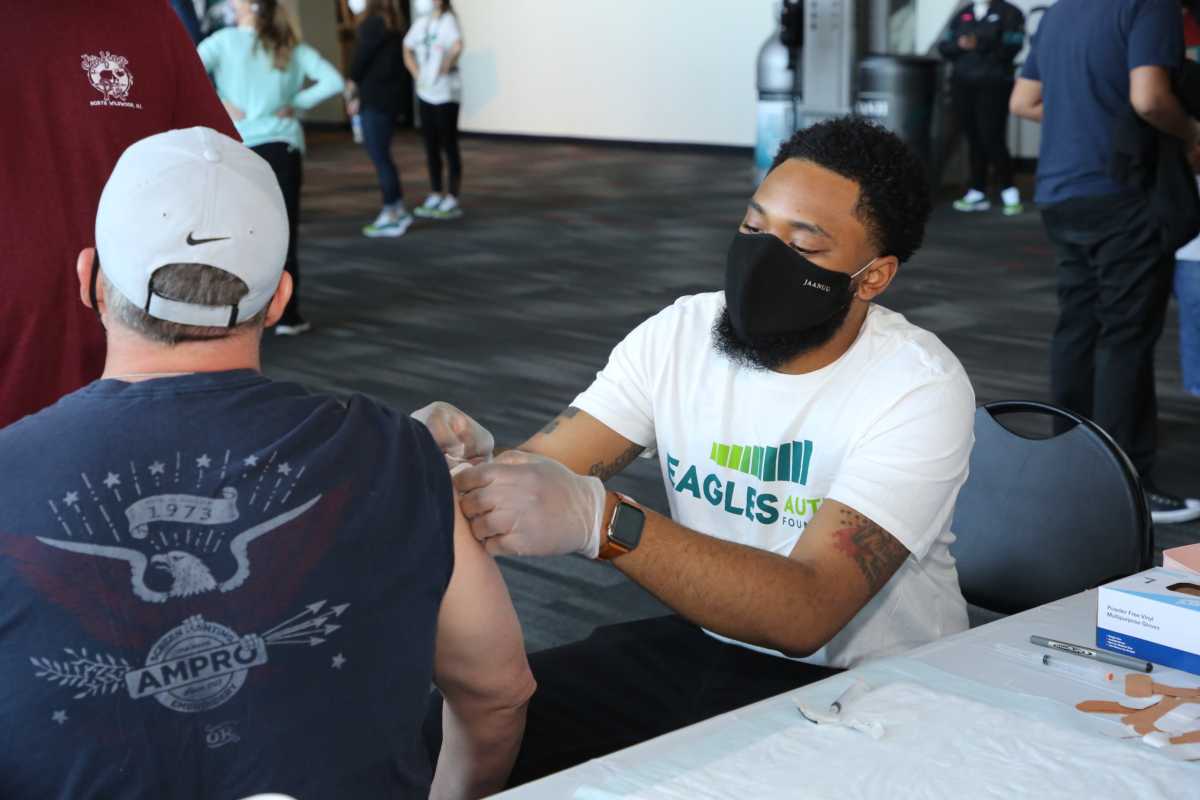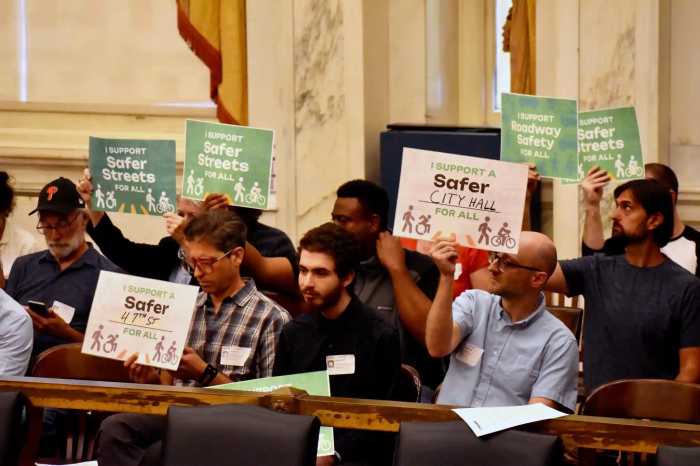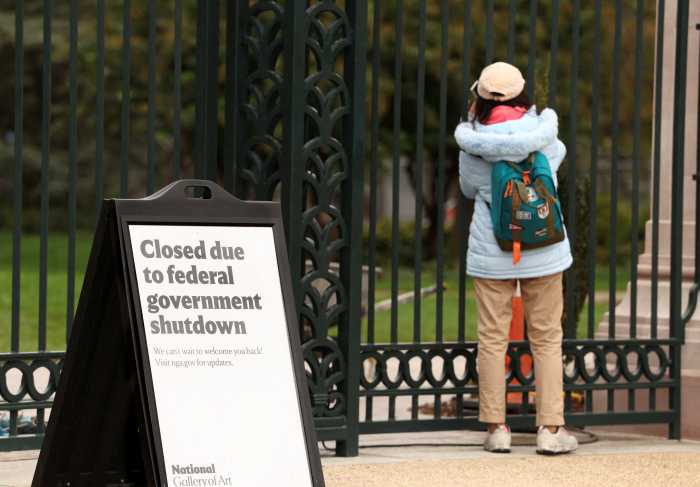No one wants to wait in a long line for a coronavirus vaccine.
But for people with intellectual disabilities, especially those with behavioral issues, standing in line or waiting in a crowded room is not a realistic option, according to Sara Molina Robinson.
Robinson, the chief educational services officer for the Public Health Management Corporation, a public health nonprofit serving the Philadelphia region, said families might also find it difficult to travel long distances to unfamiliar sites for their shots.
Some with intellectual disabilities have sensory issues that make it tough or impossible to wear masks or social distance.
“All these things become barriers,” Robinson told Metro. “I think the instructions need to be clearer, especially for this community.”
People with intellectual disabilities became eligible for a vaccine in Philadelphia last month after the release of a Thomas Jefferson University study that found that COVID-19 has had a “devastating impact” on the population.
Obstacles remain for individuals with disabilities looking to get vaccinated, but efforts are underway to improve access.
Intellectual disability was the strongest risk factor for catching the virus and the second biggest risk factor for COVID-19 mortality, after age, the Jefferson researchers found.
“The chances of dying from COVID-19 are higher for those with intellectual disability than they are for people with congestive heart failure, kidney disease or lung disease,” said Dr. Jonathan Gleason, the study’s main author, in a statement last month.
People with intellectual disabilities were two-and-a-half times more likely than the general population to test positive for COVID-19 and nearly six times as likely to die from it, according to the analysis, which was based on the patient records of 64 million people.
In addition to difficulty masking and distancing, many of those with intellectual disabilities live in congregate settings or need to interact with caregivers on a daily basis, possibly exposing them to the virus, the researchers said.
The study found that individuals with disabilities were also more likely to have other medical conditions that put them at high risk of serious COVID-19 symptoms.
Offering more opportunities
City agencies have partnered with the Alliance of Community Service Providers, a coalition of organizations serving people with intellectual disabilities, to identify vaccine distribution points, said Jim Garrow, a spokesman for the Philadelphia Department of Public Health.
They have selected 14 sites, and the health department has begun deploying mobile vaccine teams to the locations, he added. Some clinics are also being overseen by pharmacies.
Individuals with intellectual disabilities living independently or with family are being invited to come to the clinics, Garrow said.
Robinson said families have struggled to understand their eligibility, as well as the online registration process.
“I went on the (web)site today,” she said in an interview last week. “I’m still not clear how to access those mobile sites, how to request an in-home vaccination.”

Garrow told Metro that, because the sites are tailored for a specific population, the clinics are not publicized. People receive appointments through healthcare and service providers, he added.
Unpaid caregivers of medically vulnerable people, including those with disabilities, will become eligible for a vaccine under the city’s priority system beginning Monday.
The health department is collaborating with local hospitals to run dedicated vaccination days for people with disabilities, Garrow said. Such clinics may include drive-through inoculations for those who would feel more comfortable staying inside their car.
No dates have been set, but Garrow said to expect an announcement in the “near future.”
Two weeks ago, the Eagles Autism Foundation held a targeted vaccination event, inoculating more than 1,000 people at Lincoln Financial Field.
Staff administering vaccines were trained on working with people with autism and offered to inoculate individuals in the parking lot if they felt uneasy coming into the stadium. It also included quiet rooms for patients who needed space.
Earlier this month, Jefferson held a smaller, sensory-friendly clinic for people with intellectual disabilities at the Navy Yard.
PHMC is preparing to host its first disability-focused vaccination event. The organization serves more than 1,300 people with intellectual disabilities through its PersonLink program.
Robinson said she would like to see more drive-through clinics and clearer information about how to sign up for a shot.
Simple steps, like lowering lights, keeping noise to a minimum and providing private areas for individual families, can make a big difference, she added.
The Jefferson researchers concluded that COVID-19 has exposed the limitations in the healthcare system for those with disabilities, and that more needs to be done to accommodate them.
“Even prior to the pandemic, individuals with intellectual disabilities have had poor health outcomes,” Gleason said in a statement. “We need to do much better.”





























